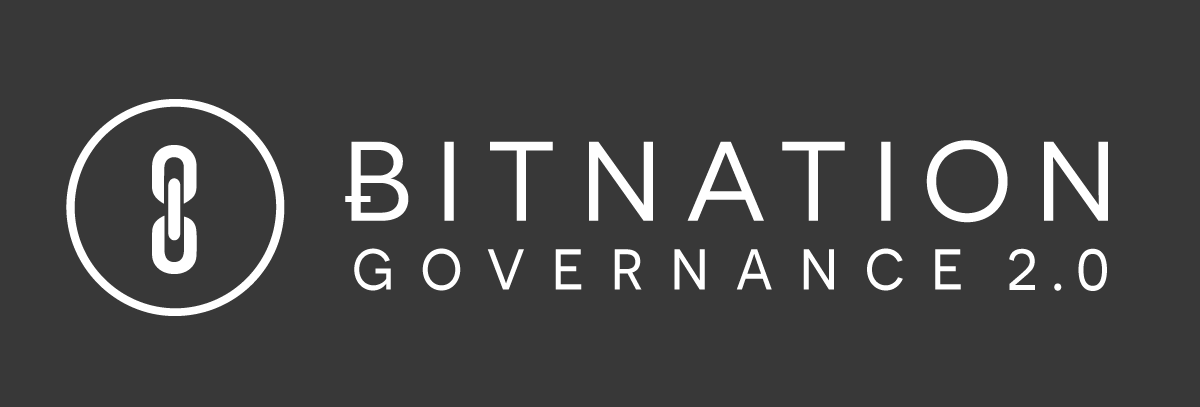
I'm Consulting
Next week I begin working with Bitnation as their finance officer. I'm excited about this because I get to work on a really ambitious project using new technology to do something innovative and valuable.
Bitnation
Bitnation's purpose is to offer the same services as governments do, in a way that delivers more benefit to users.
In the West this may not immediately sound like a big deal. Our governments are fairly organised and the services are usually "good enough". Most significantly, we are not used to thinking about ID services (passports, visa, drivers licences) or registration services (land registry, marriage certificates) as a service that we are customers of - like our internet service provider, or our electricity supplier.
In many parts of the world dysfunctional or unjust governments represent a huge obstacle to improving everyday life, the progress and achievement that many people can hope to realise is limited because of this.
If there was a viable alternative to a passport from a jurisdiction renowned for forgery, or a credit rating that acknowledged your land holdings despite your governments inability to maintain a credible database, then you could begin to travel, trade and enjoy the benefits that citizens of many western states take for granted.
I'm excited that I get to use my skills in an innovative tech company that is aiming to do something really positive.
Services include secure ID systems, asset registry and dispute resolution. Identification (in particular) is an area full of problems, and blockchain tech could offer some really significant improvements. Bitnation wants to create a platform where voluntary nations can be created and administered, and where people can choose what jurisdictional system they are part of. If this is widely implemented it will be unprecedented.
Jurisdictions would offer their own services according to their own principles, and because they are easy to create and membership is voluntarily, jurisdictions would compete to attract citizens. This should lead to improvements for the users of each service, and is intended to provide an alternative to the slow, expensive and opaque processing methods commonly associated with services from geographically defined nation states.